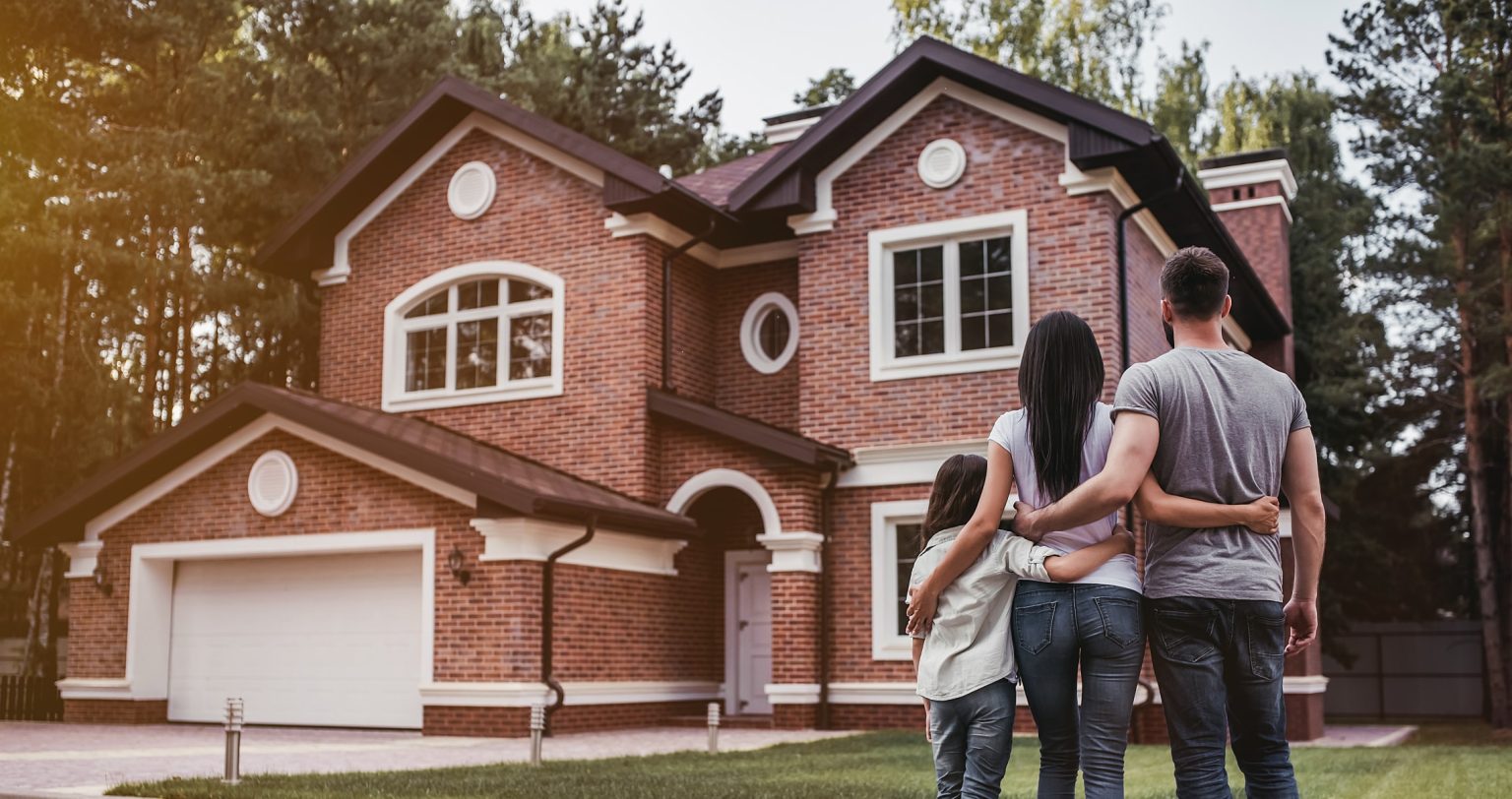

Home / Blog / Home Insurance / When Should You Buy Your First House?

Buying your first home is a major decision, and unfortunately, there’s no one formula to tell you when you’re ready to buy a home. The hot housing market resulted in high home prices and extra competition, so many would-be homebuyers delayed their decision to buy.
But now, with the market starting to slow down, you might be thinking about how to buy your first house. Before you start browsing homes for sale, it’s important to make sure that you’re truly ready for the financial commitment of buying your first home.
Free Home Insurance Comparison - Save up to 30%
No junk mail. No spam calls. Free quotes.
No Signup required
Consider these tips on how to tell that you’re ready to buy, and how to prepare to buy your first home.
Consider how stable your professional life is, too. Most mortgage lenders will want to see steady employment, and many lenders look for borrowers who have had their current jobs for at least two years. Think about whether you might need to relocate for work in the coming years, or if you’re thinking of transitioning into a new career or industry that might require you to move.
Financial stability is also essential. When you have a steady income and a good understanding of your finances, you can better predict how much money you’ll be able to spend on monthly homeownership costs, like your mortgage and home insurance. Creating financial stability is one of the most important steps to buying your first home, so think about how you manage your finances and whether you’re ready to make a major purchase.
According to Forbes, the average national interest rate for a 30-year fixed mortgage is 6.78%. Compared to the record-low rates of 2020 and 2021, the mortgage rates in 2023 are very high. Since rates are already high, it might be worth taking some time to build up a poor or average credit score.
Taking time to save up a large down payment can pay off in several ways. A larger down payment will minimize your monthly payments and ultimately reduce the amount you will pay in interest on your home. A larger down payment can also make your offer more appealing to a seller in today’s hot housing market, increasing the chances of your offer being accepted.
If you buy a home and need to move again in five years because your family has grown or you’ve decided to relocate, you will have to pay all of those expenses again, and they could be larger than the equity you’ve built up in your home. But if you stay in your first home long-term, you’ll build up equity and won’t have to cover all of those expenses again in just a few years.
Free Home Insurance Comparison - Save up to 30%
No junk mail. No spam calls. Free quotes.
No Signup required
Homeownership isn’t a decision to rush. Take your time and wait until you feel ready for this big move. After completing some of the steps outlined above, like saving up a down payment and building your credit, it’s time to start searching for a home. Find a real estate agent early on in the process, since your agent will be your partner and will help to guide you as you buy a home.
Buying a home in today’s hot market is extra challenging, but you can still find and buy the house that’s right for you. Be prepared for the process of buying a home to take longer than typical, and to put in some offers that won’t be accepted. To help you, we’ve created a series of articles covering topics like
Paige Cerulli Paige Cerulli is a freelance content writer and journalist who specializes in personal finance topics. She graduated from Westfield State University and brings more than a decade of professional writing experience to the ConsumerCoverage team. Paige’s work has appeared in outlets including USA Today, Business Insider, and more.